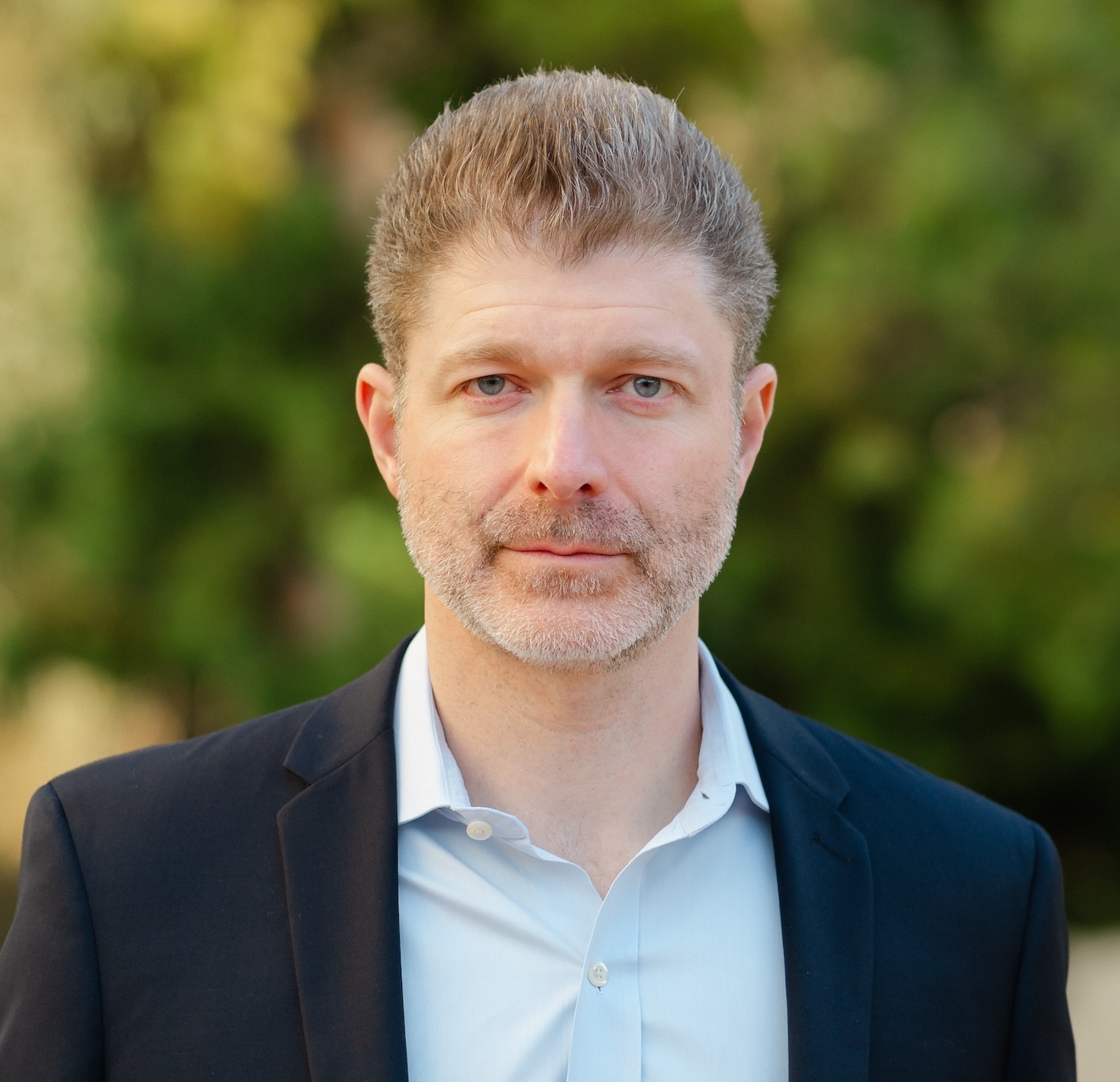 |
Josh McDermott, PhD Professor Department of Brain and Cognitive Sciences Massachusetts Institute of Technology PI, Laboratory for Computational Audition jhm - AT - mit - DOT - edu |
 |
Josh McDermott, PhD Professor Department of Brain and Cognitive Sciences Massachusetts Institute of Technology PI, Laboratory for Computational Audition jhm - AT - mit - DOT - edu |
I
study how people hear. My lab investigates all things
auditory, operating at the intersection of psychology, neuroscience,
and engineering. Our
longterm goals are to understand how humans derive information from
sound, to improve treatments for those whose hearing is
impaired, and to enable the design of machine systems that mirror human
abilities to interpret sound.
My CV (with full list of papers and links to pdfs)
Synopsis of Research Interests:
The
Amazing Success of Biological Auditory Systems
Humans
routinely perform tasks with sound that remain impossible for even the
most powerful and sophisticated machine hearing systems.
Following
a
conversation on a noisy city street, recognizing the sound of keys in a
door, learning the
sound of a new word -
we do such things every
day without a second thought. Their difficulty is revealed when we
attempt to build machines that replicate our abilities.
Understanding how we hear in
these situations involves confronting the most challenging
computational problems in
audition.
Computational
Audition
I
try
to do experiments in humans that reveal how we succeed in situations
where machine systems fail, and to use results
in machine hearing to motivate new experimental work. Recent work
in this vein has targeted sound segregation, sound recognition, and the
perception of reverberation.
Natural
Sounds
I spend a lot of time
studying what naturally occurring sounds are made of, as this holds
many clues to how we hear them. Developing good models of natural
sounds also allows us to generate novel naturalistic sounds, which have
many uses in experiments.
Music
Perception
I have long-standing interests in the science of music. I
continue
to think a lot about what makes music pleasurable, why some things
sound good and others do not, and why we have music to begin with.
These are big questions, but the right experiments have potential to
provide insight. Music
also provides great examples of many interesting phenomena in hearing,
and as such is a constant source of inspiration for basic hearing
research.
My Background:
I started college intending to study physics and math, but was soon seduced by the mysteries of the brain – in particular, its stunning ability to solve ill-posed perceptual problems. My early training was in vision. After finishing a BA in Brain and Cognitive Science at Harvard, I headed to London to study at the newly formed Gatsby Unit, where I completed an MPhil in Computational Neuroscience. I then returned to the US for a PhD in Brain and Cognitive Science from MIT. During grad school I got interested in sound and hearing, and eventually transitioned into auditory research, with postdoctoral training in psychoacoustics at the University of Minnesota and in computational neuroscience at NYU. In 2013 I joined the Department of Brain and Cognitive Sciences at MIT as an Assistant Professor, where I currently lead the Laboratory for Computational Audition.
A page with most of my vision papers.
A tutorial of all my motion demos.